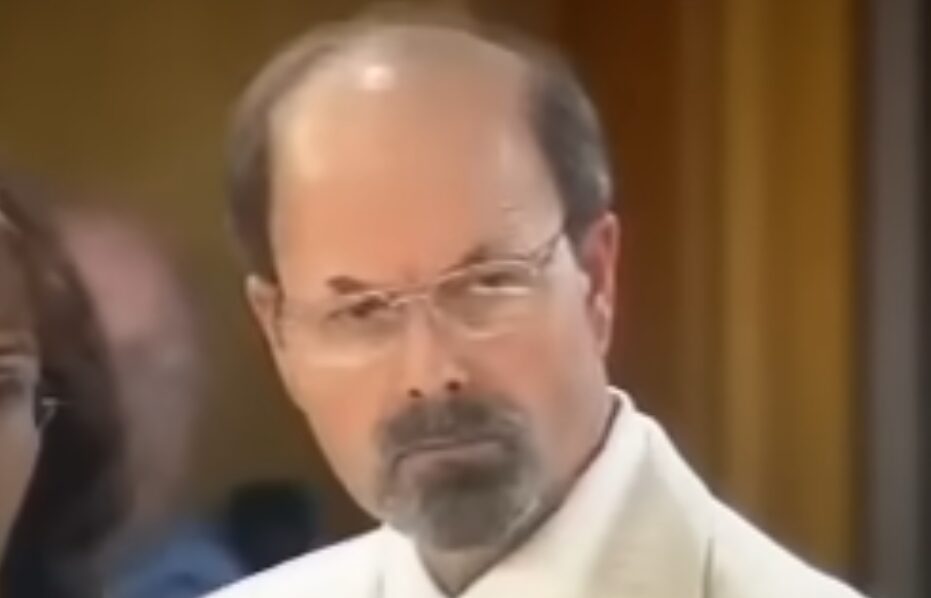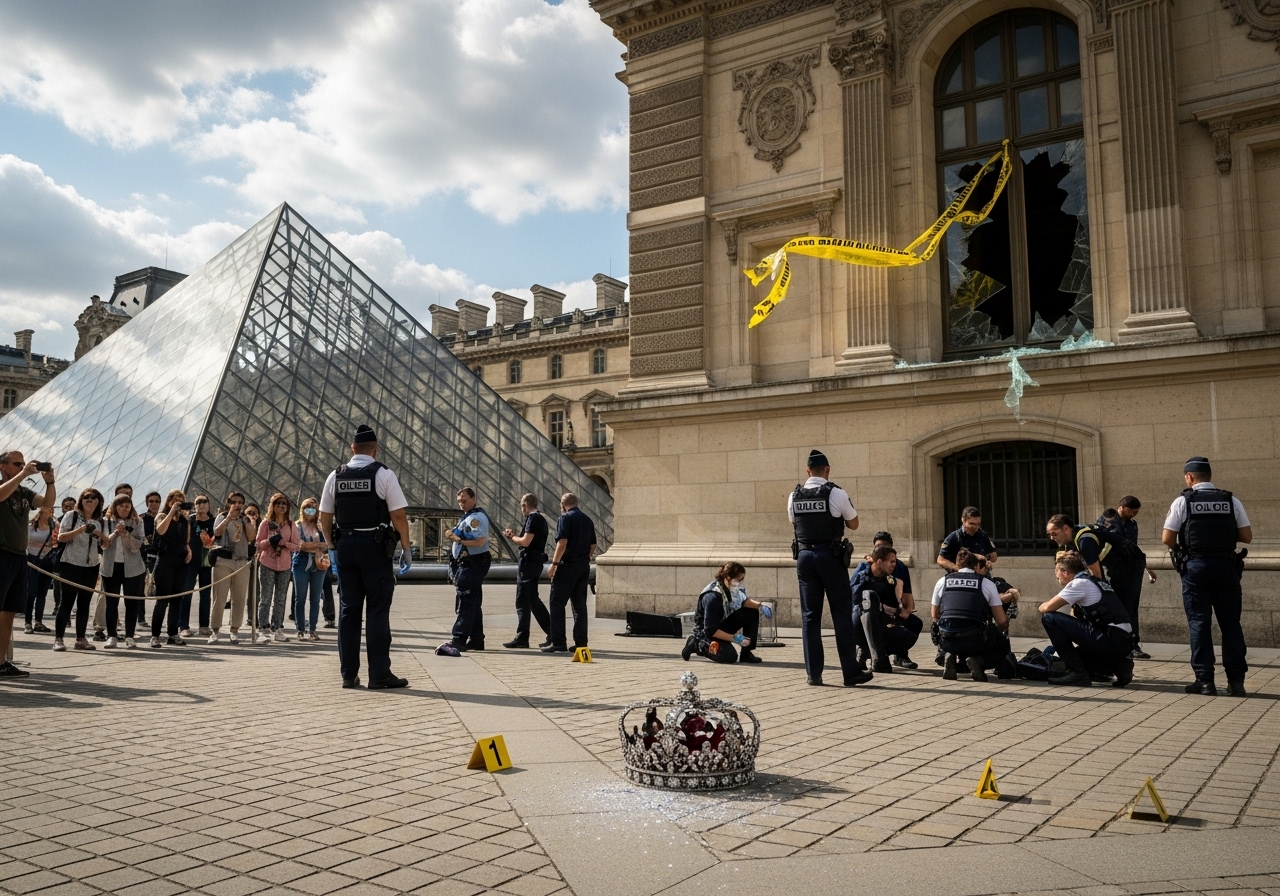In 2005, America watched as one of the nation’s most twisted serial killers, Dennis Rader, was finally brought to justice. He called himself BTK, short for “bind, torture, kill.” For nearly two decades, he terrorized Wichita, Kansas, while hiding in plain sight as a family man. Now, nearly 20 years later, his daughter, Kerri Rawson, has stepped back into that dark world—not for herself, but to help investigators and find peace.
From a veteran’s perspective, this story hits on more than just crime. It’s about facing evil head-on, even when it’s in your own bloodline. Rawson didn’t have to go back and see her father. But she did. She stood face-to-face with the man who destroyed countless lives and shattered her own family. That takes guts.
Kerri had questions. Law enforcement suspected Rader might be connected to other unsolved murders. She agreed to speak with him in prison to help get answers. It was her first visit in nearly 20 years. And it didn’t take long for the mask to slip. According to Rawson, one moment he acted like the dad she remembered—smiling, crying, excited to see her. The next, he flipped. Cold, manipulative, defensive. That’s the real BTK.
She asked questions he didn’t want to answer. She brought up things she read in his old journals—disturbing things, including a mention of her name in one of his twisted fantasy games. Rader brushed it off and accused her of making stuff up “to be famous.” That moment was a breaking point. Kerri described unloading decades of pain and anger right there in the prison room. She left shaking, emotionally drained, and with no doubt left in her mind—this man wasn’t her father anymore. He was a monster.
As someone who has served, I understand the importance of truth and justice. Sometimes the enemy isn’t wearing a uniform. Sometimes he’s the man next door—or even your own father. But justice doesn’t stop being important just because it’s hard. Kerri Rawson showed the kind of resolve we value in combat. She went into that prison not to make peace with her past, but to help others get closure and to hold evil accountable.
Rader is now 80 years old and in a wheelchair. Time has weakened his body, but not his mind, not the sickness inside him. And make no mistake—he’s still dangerous in his own way. He manipulated his daughter in that room. He tried to shift blame, dodge questions, and play the victim. That’s what psychopaths do. They don’t get better with age.
Rawson’s experience is now featured in a Netflix documentary called “My Father, the BTK Killer.” It gives people a rare look into what it’s like to live with the fallout of evil. She’s also written a book and now helps others who’ve found out a loved one was a criminal. That’s something to respect. She turned her pain into purpose.
From a military man’s angle, this whole story is a reminder that evil doesn’t always come from across a border or downrange. Sometimes it lives among us, hidden in plain sight. But just like on the battlefield, light beats darkness when good people stand up and do what’s right—no matter how hard it is.
Kerri Rawson didn’t sign up for this fight. But she’s in it. And in my book, she’s shown more courage than most. She faced the enemy—not just for herself, but for justice. That’s something every American should respect.





